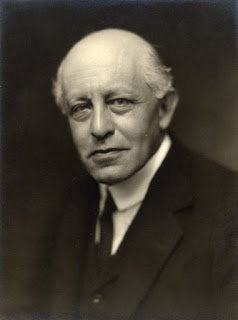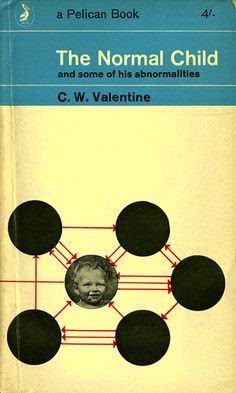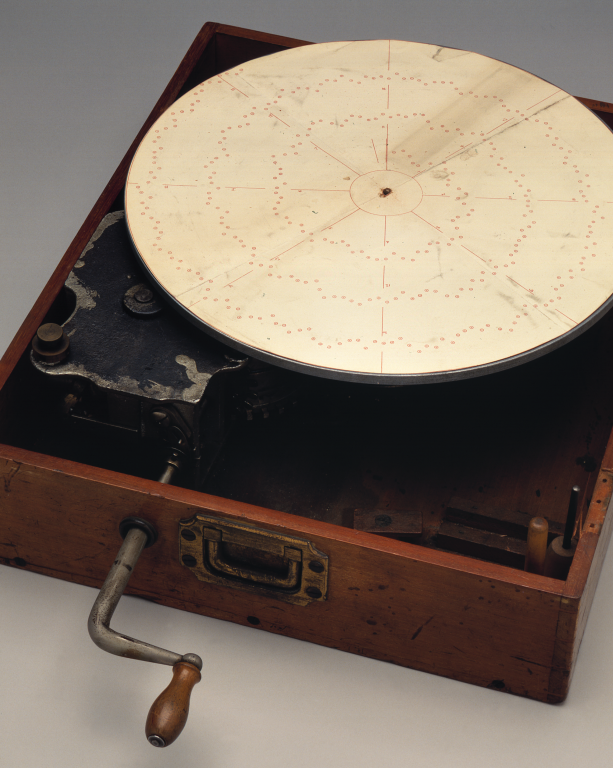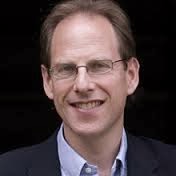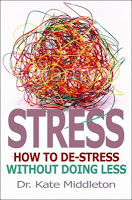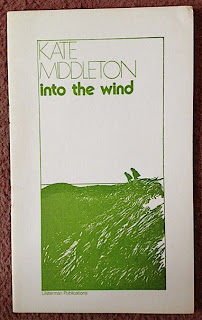Found in the papers of L.R. Reeve (see A.J. Balfour for background on him) this piece about the Australian writer and educationalist Sir Fred Schonell. He was also the author of several books aimed at teaching children to write and spell. The site Old School Reading Books suggests that some of these have become collectable. Reeve, having met the great man, had presentation copies of some of these...
SIR FRED SCHONELL
Professor Hamley once stated that the late Sir Fred Schonell was the best secretary the education section of the British Psychological Society had ever had. How right he was.
Hamley, like Schonell, was an Australian, but there was no exaggeration in his assertion, for although Schonell’s unruffled manner was rather deceptive I also, whose knowledge of earlier secretaries is possibly greater than Hamley's, can announce that he was nearly perfect, and his professional career is a record of almost unbroken success. Moreover, although he and I were mutual members of three societies in London and frequently used to have a chat, I have to admit that until I read an obituary appreciation in The Times I was unaware of a great deal of his unusual career. I knew he was born in Perth, but it was news to me that he was one of the first graduates of the University of Western Australia to achieve a Hackett overseas scholarship.
Continue reading



